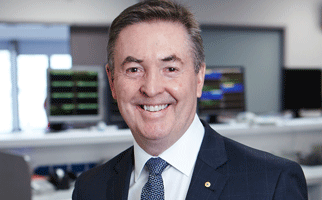
According to the US newspaper Star Tribune, Boston Scientific is to stop investing in its bioresorbable scaffold trial programme. The paper reports that the decision was taken after the “disappointing” results for Abbott Vascular’s bioresorbable vascular scaffold (Absorb). Studies have indicated that Abosrb may be associated with a higher rate of device thrombosis than a permanent everolimus-eluting stent (Xience, Abbott Vascular).
The Star Tribune quotes Boston Scientific’s chief medical officer Ian Meredith as saying that scaffolds “do show promise” but adding: “We’ve just decided strategically that there are bigger problems to deal with, and more socially impactful problems, like stroke, like heart failure, that need our attention.” Furthermore, he notes: “It is better to invest in those things that will have bigger impacts than to try and overcome the technical challenges [of bioresorbable scaffolds] in the short term.”
The paper says that Boston Scientific is scheduled to release six-month results from its study of its bioresorbable scaffold (Renuvia) at the 2017 Transcatheter Cardiovascular Therapeutics (TCT) meeting (29 October–2 November, Denver, USA). As part of the early feasibility study, 33 patients in Australia, New Zealand and Latvia were implanted with the device. Meredith performed several of these procedures in his capacity as the then principal investigator.
He told the Star Tribune that the results of these implantations, so far, “look really good” but noted that all of these initial patients had relatively uncomplicated medical histories. “You have to ask the question, do we actually put the effort into studying this in much more complex patients, many of whom are at higher risk of events anyway, against a background of literature from all over the world showing consistently that this strategy is associated with worse outcomes?” Meredith said to the paper, commenting: “We think it doesn’t make sense to do this, and … we should put our energies into treating bigger problems affecting the human race in the 21st century.”













